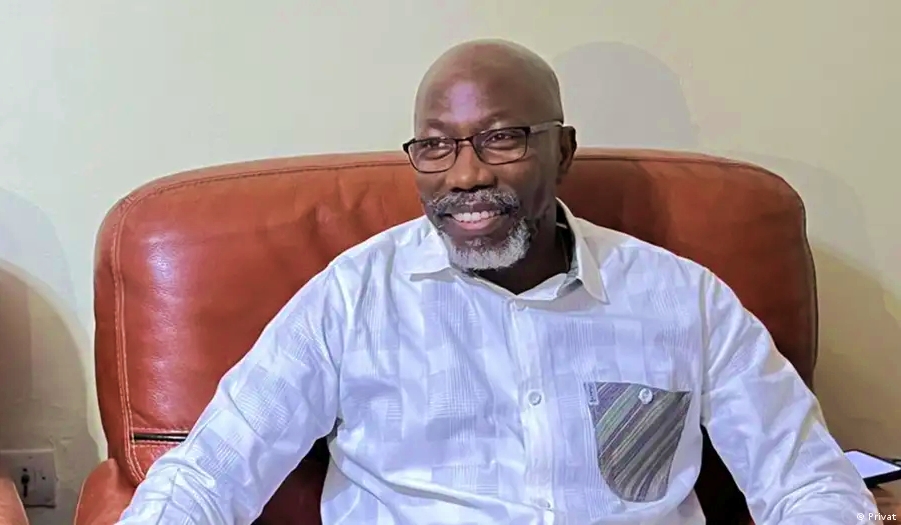Gambiaj.com – (BANJUL, The Gambia) – A recent study by Omar Cham, a Gambian researcher at the Free University of Brussels (VUB), has brought to light the significant shortcomings in the European Union’s migration policies, particularly concerning the Gambia. Cham’s research, published in the journal International Migration, critically examines how Gambian politicians and citizens perceive EU strategies aimed at deterring irregular migration and enforcing deportations.
For decades, the EU has focused on curbing irregular migration from non-EU countries like the Gambia through deterrent campaigns and pressure to cooperate in the deportation of irregular migrants. However, Cham’s findings reveal that these efforts have been largely ineffective. His research suggests that despite the EU’s efforts, cooperation in deportations remains highly unpopular in the Gambia.
Cham highlights that many Gambian families are heavily dependent on remittances from relatives abroad, with migration being a crucial part of their financial planning and aspirations. “From my survey, it is clear that cooperation in deportations is very unpopular in non-European countries. Indeed, many families depend on financial transfers and have often tied their hopes and financial investments to migration,” Cham explains.
The research underscores the complexities surrounding migration decisions, pointing out that the EU’s deterrent campaigns, which often focus on the dangers of the migration journey, have little impact on potential migrants from the Gambia. “Gambians recognize the dangers of the migration route, but this information barely influences their decisions. Factors such as the benefits of migration, desire for a better quality of life, and family pressure play a bigger role,” Cham notes.
Furthermore, Cham challenges the EU’s assumption that non-EU countries, like the Gambia, will readily cooperate with deportation policies. He points out that return rates have stagnated at around 30% for years, making promises to significantly increase deportations unrealistic.
Cham’s research calls for a rethinking of EU migration policies, urging policymakers to address the root causes of migration rather than relying on deterrence and deportation strategies. His work provides crucial insights into the limited effectiveness of current EU strategies and the need for a more holistic approach to migration issues.
Cham’s study, titled “Even if I am going to die, I must go“: Understanding the influence of predestination thinking on migration decision‐making in the Gambia,” offers a fresh perspective on the challenges facing EU migration policies and the importance of considering the sovereignty and socio-economic realities of non-EU countries like the Gambia.










